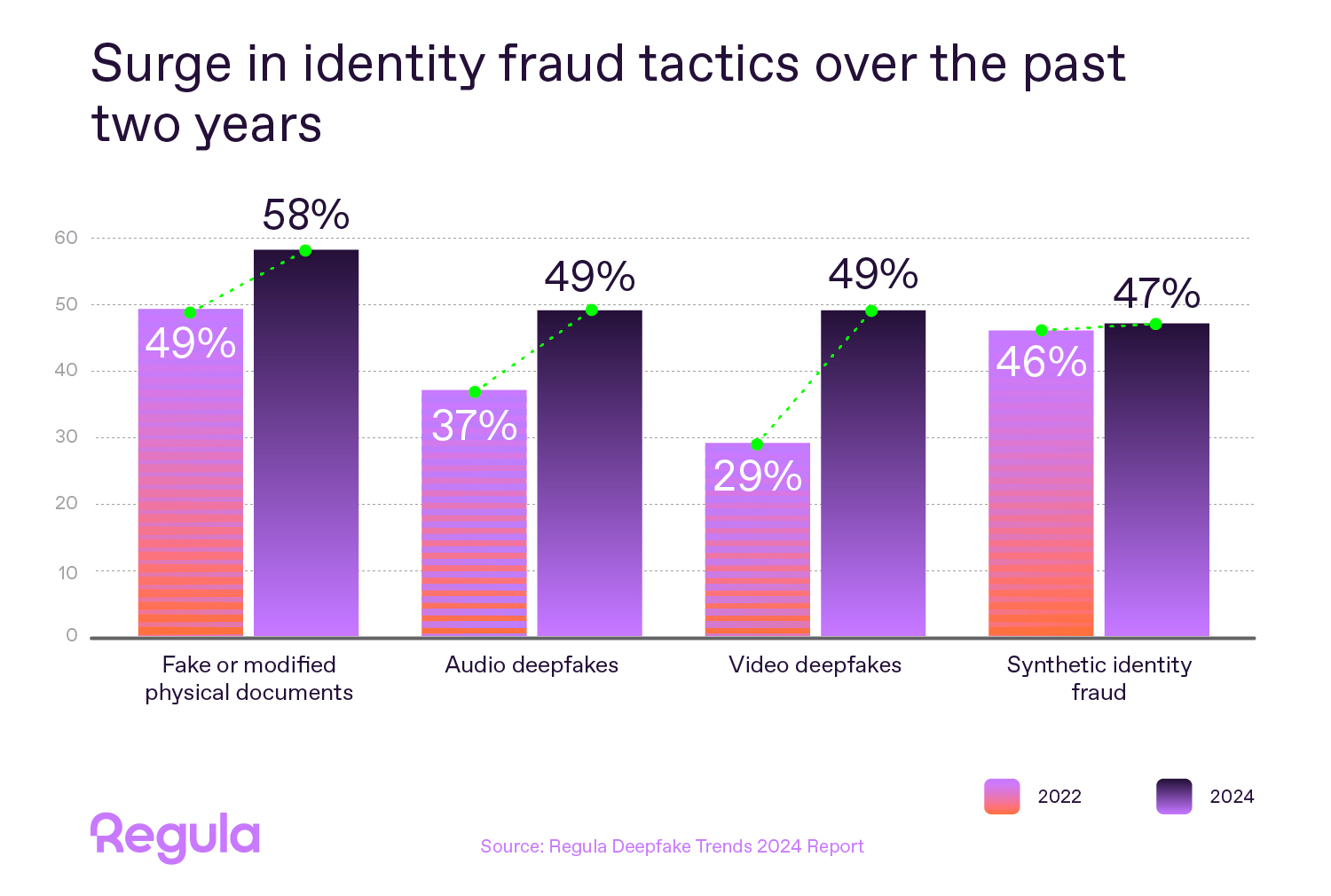![]()
Singapore, SIngapore, June 6th, 2024, Chainwire
Dora Factory, the pioneering infrastructure of decentralized governance technology and public good funding, announces the gas fee airdrop of its native token, $DORA, to all ATOM stakers on June 5, 2024. Over one million addresses are eligible to receive $DORA token, with the airdrop campaign inviting the Cosmos community to participate in the governance of its democratic public goods funding program, the ATOM Economic Zone Quadratic Funding, on DoraHacks.io. With 1.04 million addresses whitelisted, the privacy voting round implemented by the Dora team will be the largest MACI (Minimum Anti Collusion Infrastructure) voting round ever.
1.04 million ATOM stakers are eligible for the airdrop
On June 5, all ATOM stakers have received $DORA tokens in their wallets. $DORA is the native token of Dora Vota, a decentralized governance application chain developed by the Dora Factory using the Cosmos SDK.
This airdrop is one of the largest in history. With over one million addresses, Dora Factory aims to mobilize the Cosmos community, known for its passion for decentralized governance, to participate in a crucial public goods governance experiment for the community.
Empowering Community with AEZ Funding and MACI Voting
After receiving the airdrop, Cosmos communities can participate in the ATOM Economic Zone (AEZ) quadratic funding initiative jointly launched by DoraHacks, Dora Factory, and ATOM Accelerator DAO. They can use ATOM to vote for and donate to public goods teams they value, support early-stage developers, and determine the distribution of an 80,000 ATOM and $200,000 USDC matching pool across 10 rounds of AEZ Quadratic Funding and MACI voting. The smart contracts for this quadratic voting round are deployed on the Dora Vota network, and the community can use $DORA to cover gas fees.
This campaign goes beyond merely distributing the reward pool to early-stage projects and essential public goods in AEZ in the first round; it is a democratic governance experiment designed to mobilize community power in supporting public goods and promising early-stage developers. The quadratic funding mechanism ensures that even small donations from community members have a substantial impact.
MACI Voting With Enshrined Privacy
Dora Factory invites community members to participate in MACI (Minimal Anti-Collusion Infrastructure) privacy voting, distributing a $20,000 USDC prize pool to selected teams. Unlike traditional quadratic voting, this method allows voters to express their opinions on public goods without revealing their identity (address). Addresses with more ATOM staked will receive more Voice Credits (voting power).
Through MACI voting, Dora Factory aims to introduce cutting-edge privacy-enabled voting technology to the Cosmos community. This initiative marks the beginning of integrating secure, private, and anti-collusion technologies into a wider range of governance use cases in the future.
Dora Factory’s Dedication
To ensure every community member can participate in MACI voting without concerns, Dora Factory will implement Dora Vota’s native Gas Station feature to cover all voting fees for the MACI voting round. This fee subsidy represents Dora Factory’s commitment to the community outlined in Cosmos Governance Proposal 917.
A Historical Community Governance Ceremony
With the quadratic funding module now natively implemented on Dora Vota for the Cosmos Hub, Cosmos has the potential to become one of the largest on-chain communities that supports public goods. The first round of the two-year quadratic funding plan for the ATOM Economic Zone commencing in June 2024 has attracted numerous outstanding projects and awaits the attention and support of community members.
The Largest Privacy-Preserving Governance Experiment
MACI implementation is a groundbreaking step for the Cosmos community, as its first privacy voting attempt. Dora Factory has whitelisted over 1 million addresses, setting a new record for the largest whitelist, and marking the largest voting experiment in MACI’s history. The Dora Factory team is excited to invite the Cosmos community to create a historic moment collectively.
About Dora Factory
Dora Factory is at the forefront of decentralized governance protocol stacks, providing governance and long-term incentives for the global hacker movement, open-source communities, and decentralized organizations through Public Good Staking and Dora Vota. The platform has pioneered the development of public good staking infrastructure, revolutionizing the way developers are funded long-term in the PoS ecosystem. Additionally, Dora Vota offers a comprehensive decentralized governance platform, enabling users to create programmable governance mechanisms such as MACI and quadratic voting through its open platform. This reduces the cost of decentralized governance, laying a solid foundation for its widespread adoption.
To better understand and try the products of Dora Factory, users can visit DoraFactory.org.
Users can visit Dora Research Blog for more details: research.dorahacks.io
Contact
Contributor
Chris Lee
Dora Factory
[email protected]


Recent Comments